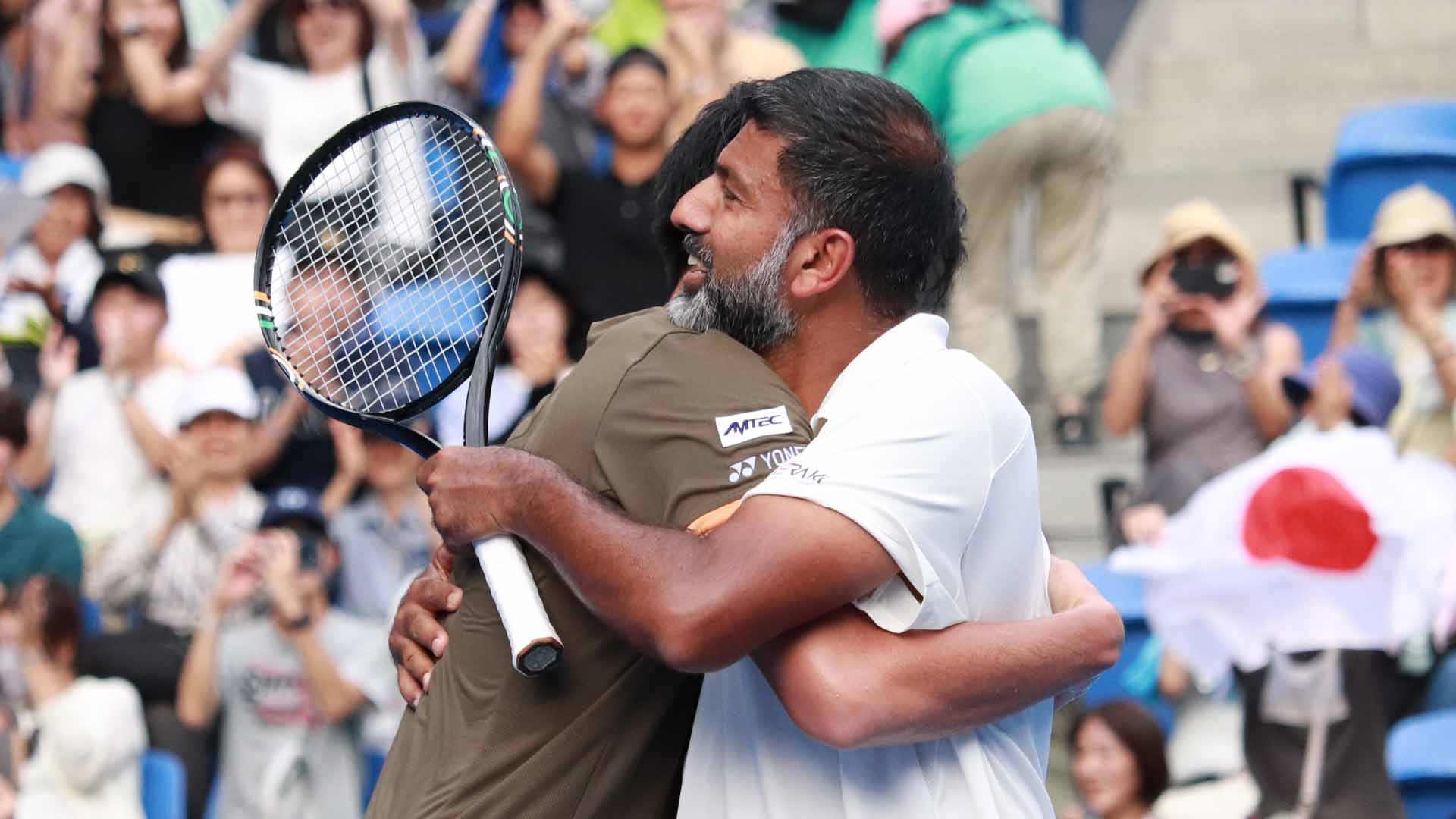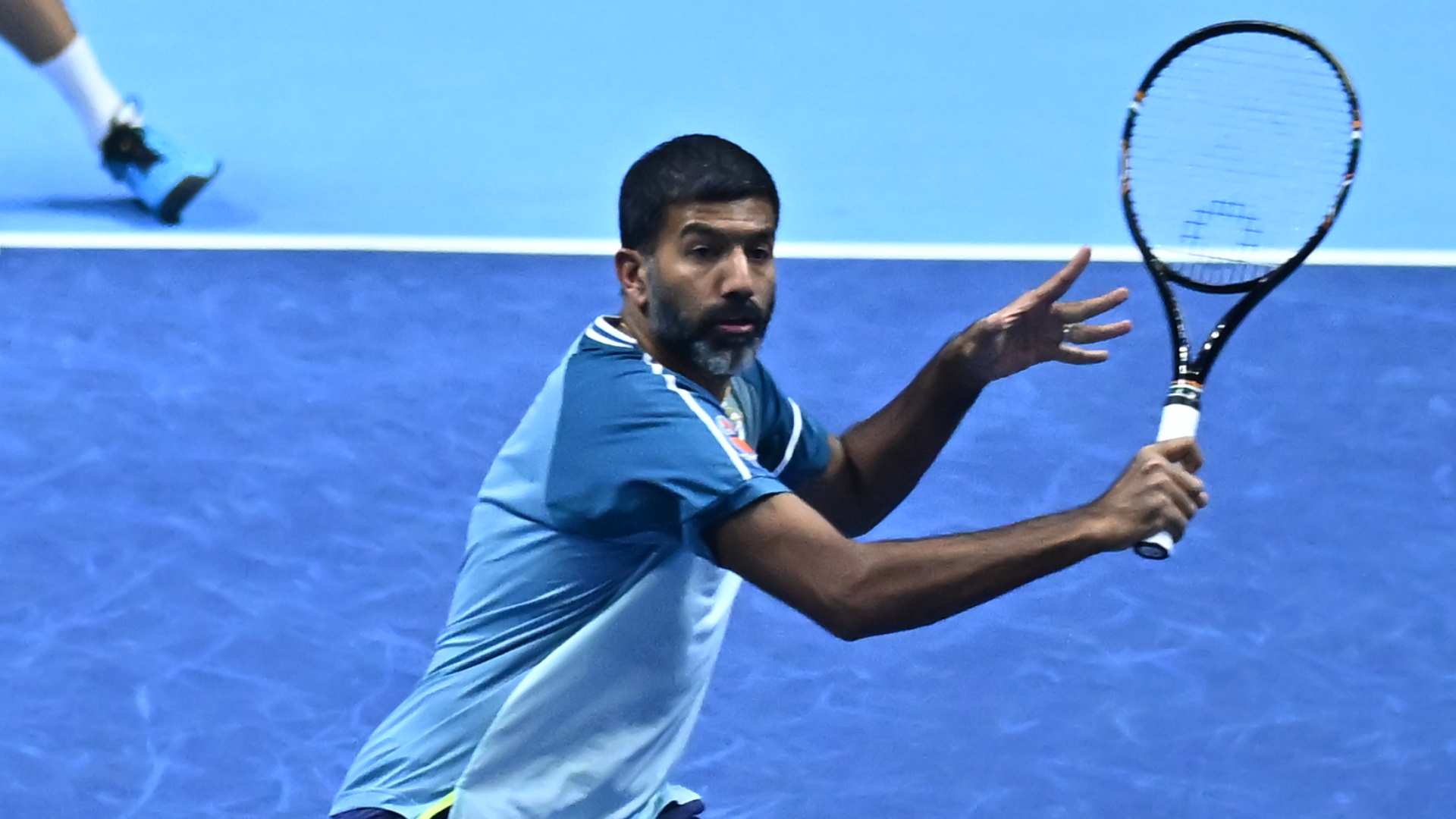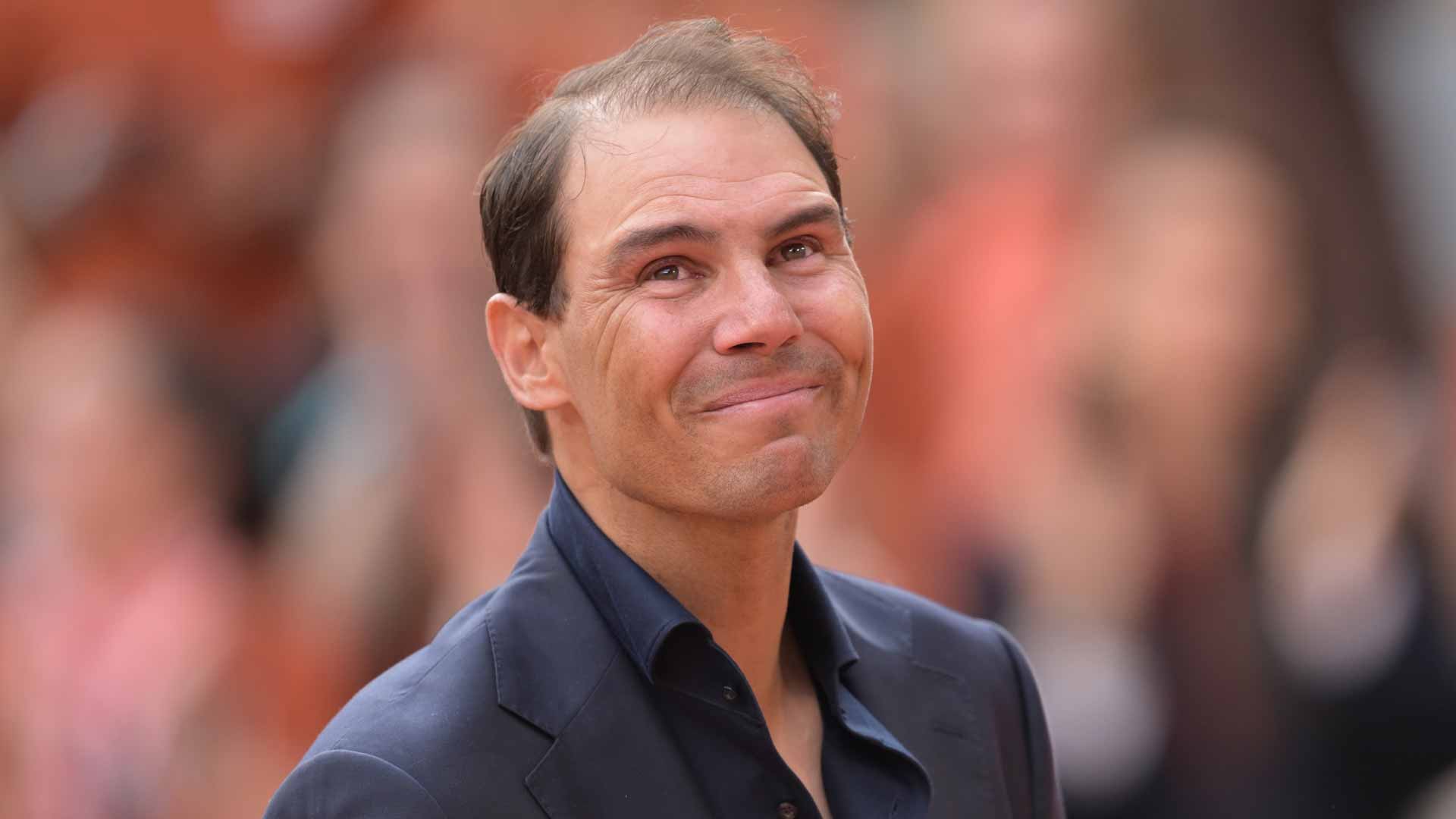The floodlights cast long shadows across the hard court as the third set unraveled into a nerve-shredding epic, the crowd’s gasps punctuating every baseline exchange.
Rohan Bopanna, his face etched with focus, directed a one–two rhythm that pulled his team from the brink, saving three match points in an 4-6, 6-3, 18-16 upset over top seeds Christian Harrison and Evan King. Partner Takeru Yuzuki’s net poaches synced with Bopanna’s deep serves, turning desperation into dominance on the grippy acrylic surface.
Clutch moments forge mental steel
Bopanna’s season had tested his resolve through a blur of transcontinental flights and punishing doubles draws, yet here his yoga-honed calm steadied the ship when the Americans’ crosscourt winners loomed largest. He unleashed an underspin volley on the first match point, the ball skidding low to draw an unforced error, while Yuzuki’s down-the-line backhand sealed the shift in momentum. This rally, stretching 34 games, echoed the Indian’s arc from Australian Open glory to the grind of back-to-back Masters events, where physical whispers only amplified his psychological edge.
The duo’s adjustments—leaning into inside-out forehands to open angles—disrupted Harrison and King’s aggressive returns, the hard court’s pace favoring Bopanna’s controlled aggression over raw power. Crowd energy swelled with each save, the humid air thick with anticipation, as the pair’s synergy transformed doubt into a propulsive force. Yuzuki’s youthful dashes complemented the veteran’s poise, proving that at 45, Bopanna’s mind remains his sharpest weapon.
Echoes of McEnroe’s improbable return
John McEnroe, at 47, defied the calendar in 2006 by clinching the San Jose doubles title with Jonas Bjorkman after a 12-year retirement, his touch volleys thriving on similar hard-court speed. That triumph followed a 1994 Rotterdam semi-final loss to the same Swede, a twist that underscored the American’s latent fire; he had first scaled doubles world No. 1 at 20 in 1979, building a legacy of 77 titles and 544 wins. Bopanna now mirrors that persistence as the second-oldest Open Era finalist, his path layered with modern tour brutality—from injury recoveries to tactical evolutions.
The Indian became the oldest major winner and ATP Masters 1000 champion en route to his first No. 1 at 43, triumphs in Australia and Miami that he parlayed into this
Tokyo surge. His underspin lobs and slice serves, much like McEnroe’s hybrids, exploit the surface’s bounce to neutralize bigger games, setting up volleys that hang in the night air. As he eyes a clash with second seeds Edouard Roger-Vasselin and Hugo Nys, Bopanna draws on those parallels, his experience a bridge to potential glory.
Tokyo final tests enduring legacy
Since his last title match, the Miami ATP Masters 1000 victory last March alongside Matthew Ebden, Bopanna has refined partnerships amid a calendar that demands constant adaptation. The Tokyo hard courts amplify his inside-in redirects and low slices, tools that could target Nys’s serve while Yuzuki poaches gaps in the French duo’s returns. Roger-Vasselin’s lefty underspin invites counterplay, promising a tactical duel where patterns like deep crosscourts open the court for decisive down-the-line finishes.
Chasing his 27th tour-level crown and 538th win, Bopanna carries the weight of a career’s milestones, each point in Tuesday’s decider a bid to etch deeper into the record books. The atmosphere pulses with the season’s unresolved tension, from his oldest-first-No. 1 ascent to the mental battles that fuel this run. Under the lights, his fire burns undimmed, positioning age not as a barrier but as the spark for one more defiant chapter.




